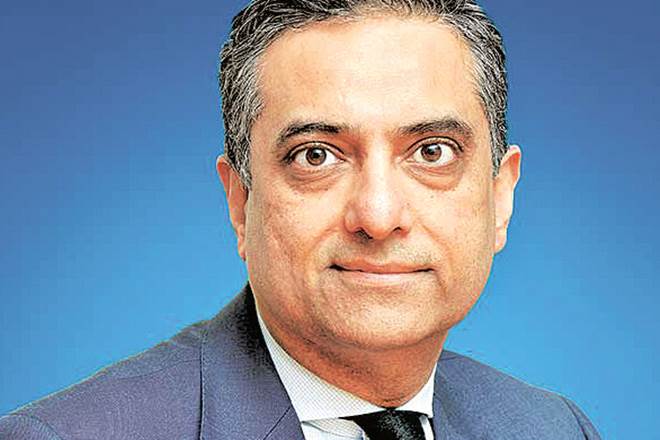Ashu Khullar, CEO of Citi India and Citi Cluster Head for South Asia, said one can’t expect the industry to start investing just because the tax rates have been cut. Khullar tells Bhavik Nair and Shritama Bose that the tax cut is a huge reform as it brings India at par with Singapore and Asean, but in isolation, it is not going to be enough. Edited excerpts:
What are the constraints for India to list on a global bond index?
To get on to the index, you need to take out all kinds of restrictions to ensure free flows. That is a regulatory and policy decision which needs to be made. There are some frictions around tax, easing up of KYC, etc, but they can be resolved. The important aspect is about the limits and at some point we have to evaluate the benefits of attracting the passive flows into the country versus the risks from opening up and take a progressive call.
How do you see foreign fund flows into Indian debt next year?
We should see a better environment next year as interest rates globally are not expected to go up. India yields will remain attractive, relative to what one can get in most of the developed markets. The IBC will hopefully lead to more activity in the distressed space.
Is Citi interested in the distressed assets space?
Yes, it is one of the white spaces we have identified as a growth opportunity. These would be around commercial real estate, structured securitisation.
Do you think the corporate tax cut will lead to fresh investments?
When you study economics, you say ceteris paribus i.e. if everything else was constant. The problem is nothing remains constant. You can’t expect the industry to start investing just because the tax rates go down. The tax cut is a huge reform, as it brings you at par with Singapore and Asean. It is a great measure. But in isolation, it is not going to be enough. Therefore, there are talks about how we ease land acquisition and make labour-friendly reforms.
Will India benefit from the global supply chain disruption?
China is too important a market for anybody to do anything dramatic. But people would look to diversify their dependence on China, if trade barriers or trade tariffs are changing. One of the areas where we are talking to various people in the government is in taking the government’s message to our clients in Asian markets and telling the India story as it develops further to channel these flows. We are seeing a jump in investments from non-traditional corridors.
Since the financial crisis, Citi has been the most profitable foreign bank in India. What will be your strategy going forward?
First, we have really stuck to our strategy in a very disciplined manner. We have one of the most comprehensive franchises within the Citi network globally — we have a full institutional business and a full-fledged consumer banking business. Globality is a key USP we bring to our clients. This gives us resilience in our business and growth, which in turn insulates us to some extent from gyrations in any one domestic economy.
How do you preserve existing lines of businesses and also look at new opportunities?
Digitisation is a very powerful force. I was an early sceptic, where technology seemed to be the domain of Google and Facebook. But as you went around talking to your clients, you saw everyone, from mining and energy to retail companies, all were talking about disruption. We are deeply involved in deploying a variety of digitisation tools that benefit our clients.
How conservative are you?
In an environment where certain sectors of the economy are facing some challenges, it is prudent to be vigilant. You want to look at your credit portfolio and check: are we over-exposed to real estate or to construction? The good news is, since we maintain the discipline, we do not need to make massive course corrections and are not saddled with outsized NPAs. We are not over leveraged to sectors that are under some pressure.
We are now in a situation where consumption is also showing signs of slowdown. Where is growth going to come from?
Both the RBI and the government have been trying to address the growth slowdown issue, which has become more pronounced in the last six months. The focus until now has been to put liquidity into the system, which the RBI has done a phenomenal job of. Some of the transmissions take time, and obviously, there would be risk-aversion in certain sectors. It will play out over a period of time.
How important is the Indian market for a global bank like Citi?
We have the second-largest employee base after the US. India is the second-largest market in the region in terms of revenue. India is hugely important for Citi. We are the largest corporate FX player. We do 7% of trade volume and 6% of domestic payments volume. We are, by far, the largest bank for multinational corporations in India. Our multinational business in the country is the largest Citi business globally.


